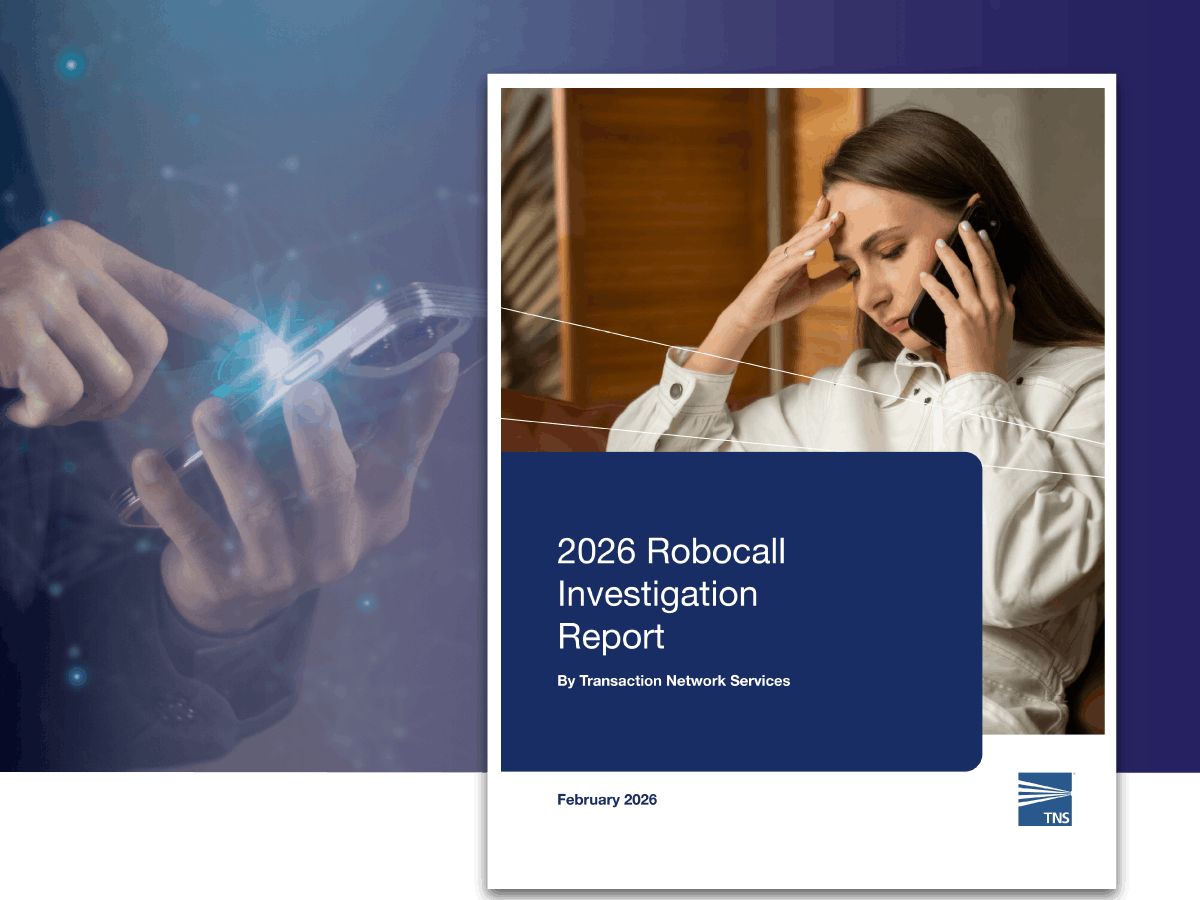An increase in call spoofing appears to be leading more of us than ever to submit robocall complaints.
New TNS research has uncovered that more people are now taking action when they believe they’ve been targeted by scam or fraudulent phone calls, which usually aim to trick victims into giving up money or information.
A significant 43% of US adults confirmed in our survey that they had submitted a robocall complaint to their state Attorney General, Federal Trade Commission (FTC) or the Do Not Call Registry in the last 12 months. This is a huge jump from 2023 when more than one in four (28%) people said they had submitted a robocall complaint the previous year.
Why is Call Spoofing on the Rise?
Call spoofing is on the rise, according to most people that took part in our research. Nearly three in four (72%) people agree there has been an increase in delivery or package/mail robocall scams in the last 12 months. And two in three US adults (65%) say they received at least one health insurance robocall scam during open enrolment 2025, compared to 62% in 2023.
One example of a recent scam contributing to the belief there’s been a sudden increase in call spoofing is the $6400 Health Subsidy Scam, which has been targeting Americans with the false claim that money is available to cover living expenses.
Responding to the Increase in Call Spoofing
Beyond making official complaints, another way that people are tackling the increase in call spoofing is by being increasingly unwilling to answer if they don’t recognize the number on their phone screen.
Our research found that 72% of US adults never answer a phone call from a number they do not recognize, compared to 68% in our 2023 research.
This reaction can present a sizeable problem for ‘high-touch’ industries, such as financial services, insurance, healthcare, hospitality and retail, that rely on voice calls to support customers and provide essential updates.
Solutions to Tackle the Increase in Call Spoofing
However, TNS Enterprise Branded Calling, together with TNS Enterprise Authentication and Spoof Protection which verify calls and block spoof attempts, offers a solution for companies in these high call volume sectors.
By displaying an organization’s name and logo on recipients’ incoming call screens, branded calling can improve and protect outbound calling operations by reassuring customers that a call is legitimate.
Our research found that calls branded with the name and logo of the organization calling are much more likely to be picked up.
Within healthcare, one of several sectors our research covered, we discovered that 77% of people would take the call if their hospital, pharmacy or medical center were to display its name and logo on people’s incoming call screens.
In terms of financial services, 66% of people say they would answer the call if the logo and name of their bank, financial advisor or mortgage provider was displayed on their screen.
To find out much more about the demand for branded calling across healthcare, finance, insurance, retail and hospitality, and how this plays out across age groups and other US demographics – as well as the increase in call spoofing driving this demand – download our eBook here: Consumer Demand for Branded Calling Remains High | TNS
Maurie Munro is Vice President of Enterprise Sales at TNS with specific responsibility for TNS Enterprise Product Suite.

Scam of the Month
Stay vigilant, share information about scams with others and check out our Scam of the Month page updates.





